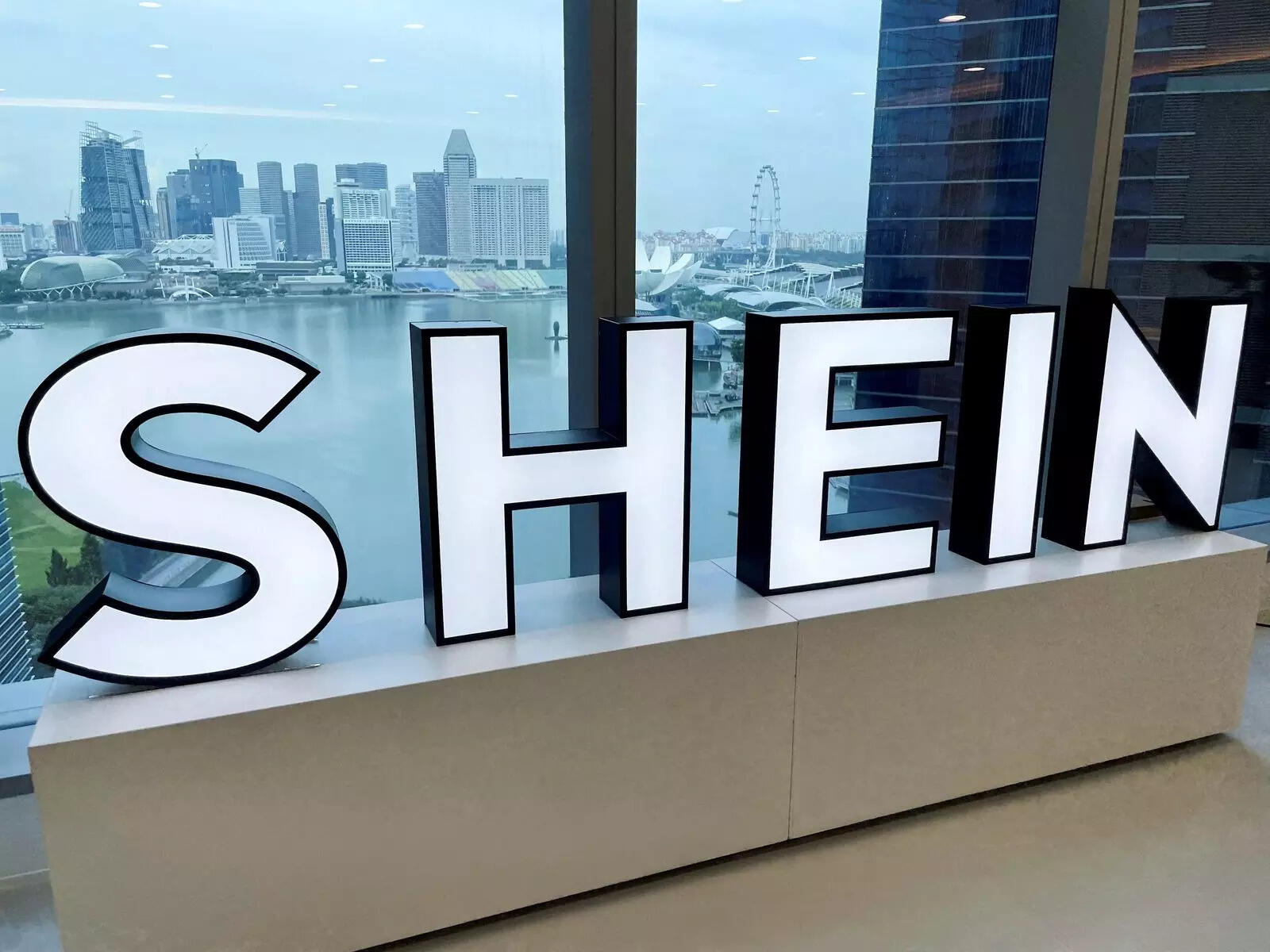In yet another blow to the fast fashion behemoth Shein, Italy’s competition authority AGCM has fined the platform €1 million (approximately $1.15 million) for what it described as “misleading and confusing” claims regarding the environmental sustainability of its products. The fine was imposed on Infinite Styles Services, the Dublin-based company operating Shein’s European websites.

The heart of the issue? Shein’s marketing narrative around being eco-conscious doesn’t seem to hold up under scrutiny. The AGCM flagged the brand’s frequent mentions of recyclability and carbon emission targets as either “vague,” “exaggerated,” or in some cases, “plainly false.” According to the regulator, these messages had the potential to mislead consumers into believing the garments were made from fully sustainable materials and were entirely recyclable, claims that don’t align with current fibre technologies or recycling systems. In fact, Shein’s popular ‘evoluSHEIN by design’ line, marketed as a collection rooted in responsible manufacturing, was cited as particularly problematic. Despite being promoted as a green initiative, AGCM found that the clothing often failed to meet the implied environmental benchmarks. Perhaps more damning was the watchdog’s point that Shein’s claims to cut greenhouse gas emissions by 25% by 2030 and reach net-zero by 2050 were undermined by data showing the opposite trend, an increase in emissions in both 2023 and 2024.

This isn’t the first time Shein has faced regulatory backlash in Europe. Just last month, France fined the brand a staggering €40 million for similar concerns involving misleading discounts and greenwashing. While Shein has responded by saying it has “strengthened internal processes” and updated its website to ensure better compliance and transparency, the backlash raises a broader question: In an industry notorious for environmental impact, can fast fashion ever truly be sustainable or is it all just clever branding? As Shein continues to expand its global footprint, scrutiny from regulators and eco-conscious consumers alike seems to be keeping pace.

